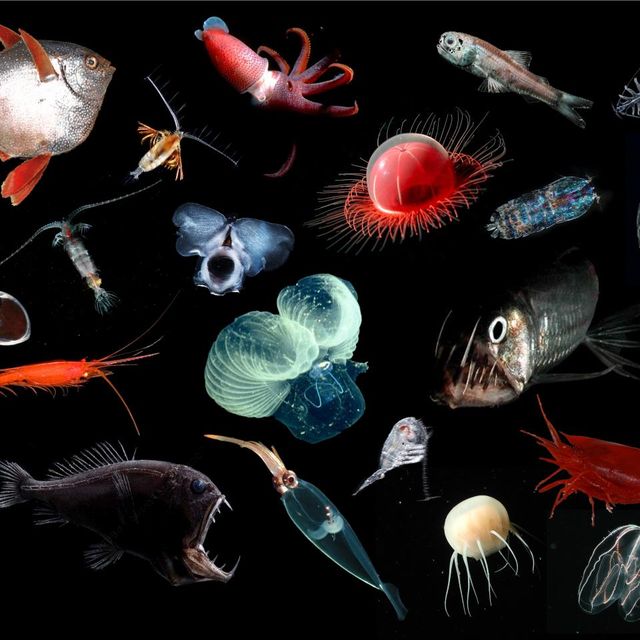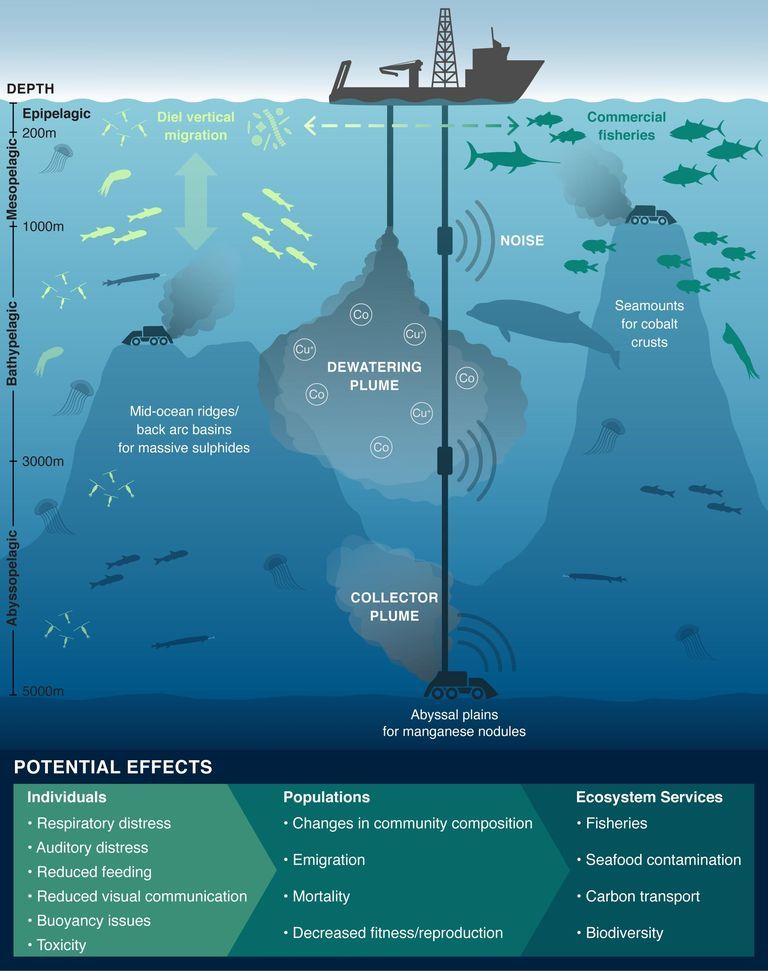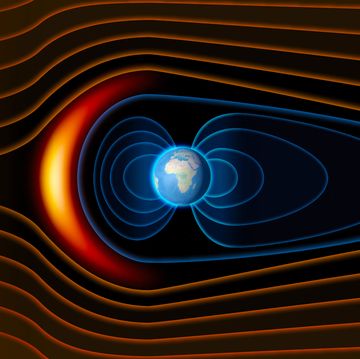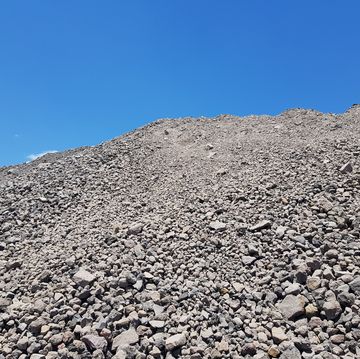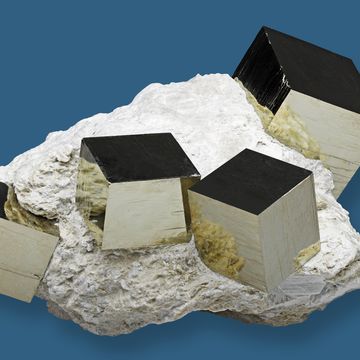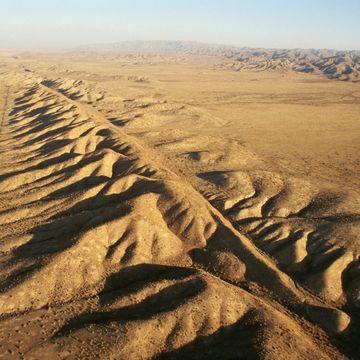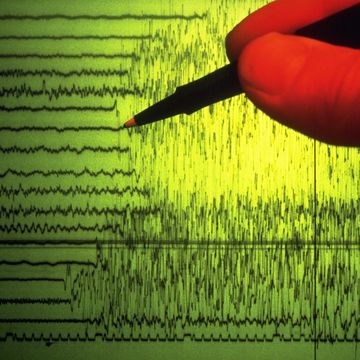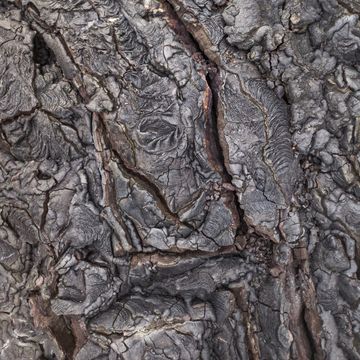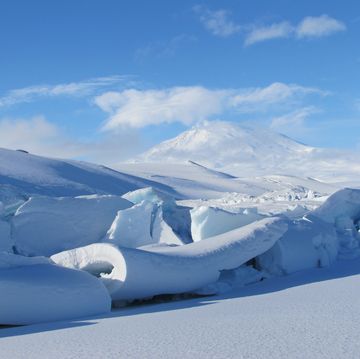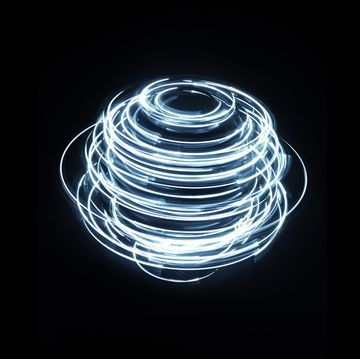- A new opinion piece from scientists urges more understanding of deep-sea mining.
- The ocean floor is not well understood, and there's no code of conduct for international seafloor mining.
- Mining releases plumes of clay, metal, and toxins into the zone of ocean that circulates most.
Scientists at the University of Hawaii have released a new researched opinion about the unstudied consequences of deep sea mining. The piece, which appears in Proceedings of the National Academy of Scientists (PNAS), goes into detail about the unintended consequences of sediment and chemicals released by the deep sea mining process.
While it seems obvious that digging mines in the ocean floor must have consequences, many of these mines are in international waters where there’s little oversight and cloudy accountability. Scientists also haven't studied much of the ocean floor to begin with.
And that codified series of protections is, at least, in the works.
“The International Seabed Authority (ISA), the international organization created under the United Nations Convention on the Law of the Sea (UNCLOS) to manage deep-sea mining beyond national jurisdiction, is developing mineral exploitation regulations, the Mining Code,” the researchers explain in their paper. The ISA’s 2020 meetings were scheduled for this month, and some have been postponed while others were put online.
“Currently, 30 ISA exploration contracts cover over 1.5 million square kilometers. In accordance with UNCLOS, the ISA is required to ensure the effective protection of the marine environment, including deep midwater ecosystems, from harmful effects arising from mining-related activities,” the researchers say.
The kinds of damage the opinion piece calls out include pollutants as well as factors with unknown outcomes. Deep sea mining works by having vehicles on the ocean floor dig directly into the seabed, and this process releases silt, clay, and other sediments that are immediately carried away by the flow of water.
On the surface, mines can collect most of their waste dirt and rocks in large piles. In the ocean, clay residue can linger for days, blocking sunlight, disorienting sea life, and having other effects we don’t yet understand. Noise carries from underwater mining crafts that are breaking up rocks, like the worst downstairs neighbors in an ecosystem that’s not used to more than a tiny amount of naturally occurring sound.
And the vehicles also release metals and traditional toxins, which the scientists say stays in the water for much longer than natural sediment. Clay obstructs light and can confuse sea creatures, but it eventually settles back to the seafloor. Heavy metals and toxins can stay suspended in the water and circulate for hundreds or thousands of miles as part of the naturally swirling currents that circle the globe.
“We need to increase our knowledge of metal leaching from ores and evaluate the best approaches to monitor the spatial and temporal extent of dissolved plumes,” the scientists write. “In addition, although some midwater modeling efforts have begun, much more modeling and empirical study of dewatering plumes are needed to assess the spatial and temporal extent of plumes resulting from different technologies and mining scenarios.”
The researchers emphasize that within the overall ocean ecosystem, there are parts that are even more vulnerable and less understood—in this case, they’re focusing on the “midwater,” neither floor nor surface, which is where most of the sediment will end up. Midwater circulates far and wide even while the deeper and shallow water remains more stationary.
“Understanding the biodiversity and dynamics of midwater ecosystems and their value to ecosystem services is an imperative for the scientific community, contractors, managers, and the full suite of stakeholders,” the scientists conclude.

Caroline Delbert is a writer, avid reader, and contributing editor at Pop Mech. She's also an enthusiast of just about everything. Her favorite topics include nuclear energy, cosmology, math of everyday things, and the philosophy of it all.
